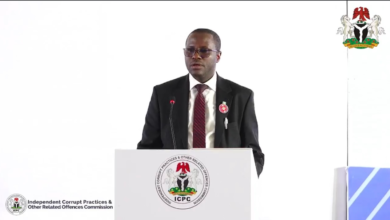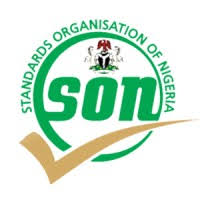Growing concerns as insecurity, infrastructure deficit stall FDI inflow

The monumental growth of 446 per cent in Foreign Direct Investment (FDI) recorded in South Africa in 2018, and the single-digit growth of seven per cent by Egypt is a reflection of investors’ confidence in both economies given their level of industrialisation coupled with their favourable operating environments.
Similarly, Ghana overtook the oil-rich African nation as the largest recipient of FDI in the region despite Nigeria posting a gross domestic product (GDP) that was about eight times the ‘Black Stars’.
FDI is an integral part of an open and effective economic system and a major catalyst for development. Yet, the benefits of FDI do not accrue automatically and evenly across countries, sectors and local communities.
Indeed, national policies and domestic investment architecture matter in attracting FDI to a larger number of developing countries and to enable them to reap the full benefits of FDI for national development.
The paucity of FDI in Africa’s largest economy, despite its huge endowment of natural resources, dynamic and youthful population continue to reflect the dearth of critical infrastructural facilities, and heightening insecurity, which has continued to make the environment unconducive for businesses to thrive.
For instance, FDI in Nigeria declined 36 per cent from $3.5billion to $2.2billion in 2018, according to a report from United Nations Conference on Trade and Development (UNCTAD), making it the lowest foreign inflows that Africa’s largest economy has recorded in last 13 years when the Geneva-based permanent intergovernmental body started tracking FDI data across the globe.
In the third quarter (Q3) of 2019, Nigeria received $5.36billion capital importation (inflows) compared to $5.82billion in Q2. This is the lowest amount of capital importation received in the year.
Culled from guardian.ng





